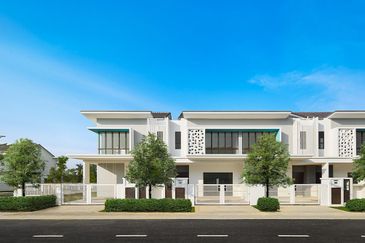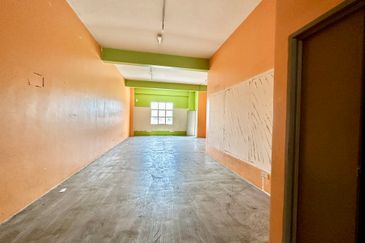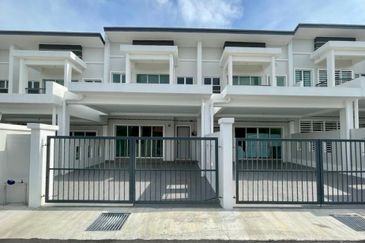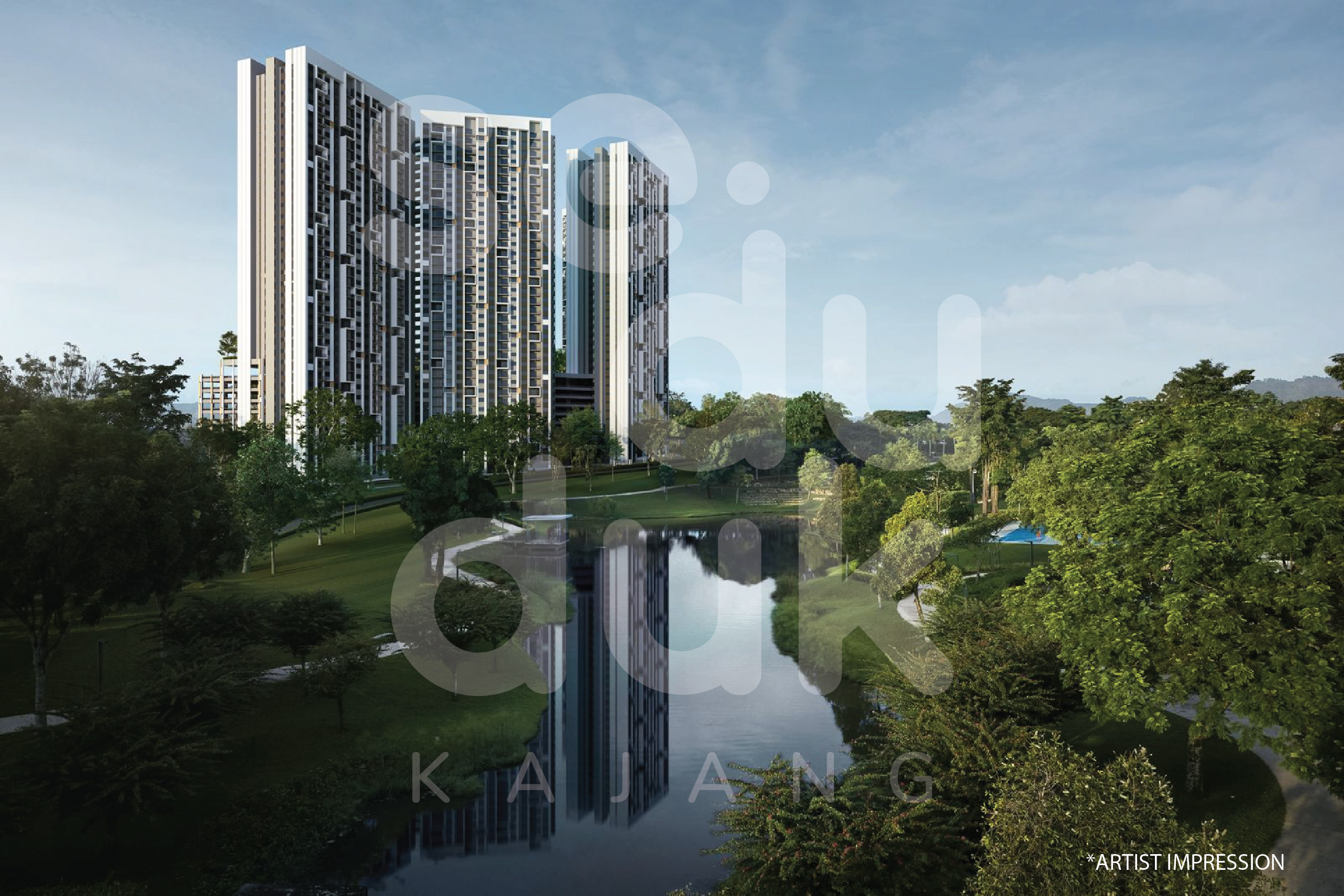
PETALING JAYA (Aug 29): Japan’s Tokyo (pictured) is the safest city globally, according to the Safe Cities Index (SCI) by The Economist Intelligence Unit, a research and analysis division under The Economist Group.
This is the third edition of the SCI, which was released today at the Safe Cities Summit in Singapore. The index gauges urban safety of 60 cities across five continents using 57 indicators organised across four pillars -- digital, infrastructure, health and personal security.
Cities in the Asia-Pacific (APAC) region make up six of the top 10 safest cities as Singapore and Japan’s Osaka come second and third respectively, while Australia’s Sydney is in 5th and Melbourne in 10th. Seoul of South Korea ranks joint eighth with Copenhagen, Denmark.
Hong Kong ranks at 20th place, dropping out of the top 10 since the last SCI in 2017 while Kuala Lumpur ranks 35th behind Beijing and Shanghai which are in 31 and 32 place respectively.
Senior editor of The Economist Intelligence Unit and editor of the SCI2019 report Naka Kondo pointed out that the research shows that a city's region does not have any statistically significant relationship with the their SCI2019 performance.
"Although APAC cities such as Tokyo, Singapore and Osaka continue to rank within the top three cities in the Index, the region also hosts some of the lowest scoring cities in the world, with Yangon, Karachi and Dhaka close to the bottom of the list,” she said.
“APAC cities perform well across the categories of health security, infrastructure security and personal security, but their North American counterparts generally fare better in digital security, accounting for seven of the top 10 cities in this category," she added.
The 2019 edition of the biennial index experienced a major revision designed to better capture "urban resilience", which is the ability of cities to absorb and bounce back from shocks. This is a concept that has had an increasing influence on thinking in urban safety over the last decade, especially as policymakers worry about the implications of climate change, said Kondo. The SCI2019 has also added in 10 new indicators, of which eight are related to environmental resilience.
"While wealth is among the most important determinants of safety, the levels of transparency -- and governance -- correlate as closely as income with index scores. Our research shows the many ways that transparency and accountability are essential in every pillar of urban security, from building safer bridges to developing the trust needed for relevant stakeholders to share information on cyber-attacks," Kondo elaborated.
Overall ranking SCI2019
|
1 |
Tokyo |
31 |
Beijing |
|
2 |
Singapore |
32 |
Shanghai |
|
3 |
Osaka |
33 |
Santiago |
|
4 |
Amsterdam |
34 |
Buenos Aires |
|
5 |
Sydney |
35 |
Kuala Lumpur |
|
6 |
Toronto |
36 |
Istanbul |
|
7 |
Washington, DC |
37 |
Moscow |
|
8 |
Copenhagen = |
38 |
Kuwait City |
|
8 |
Seoul = |
39 |
Riyadh |
|
10 |
Melbourne |
40 |
Mexico City |
|
11 |
Chicago |
41 |
Rio de Janeiro |
|
12 |
Stockholm |
42 |
Sao Paulo |
|
13 |
San Francisco |
43 |
Manila |
|
14 |
London |
44 |
Johannesburg |
|
15 |
New York |
45 |
Lima = |
|
16 |
Frankfurt |
45 |
Mumbai = |
|
17 |
Los Angeles |
47 |
Bangkok = |
|
18 |
Wellington = |
47 |
Ho Chi Minh City = |
|
18 |
Zurich = |
49 |
Baku |
|
20 |
Hong Kong |
50 |
Quito |
|
21 |
Dallas |
51 |
Bogota |
|
22 |
Taipei |
52 |
New Delhi |
|
23 |
Paris |
53 |
Jakarta |
|
24 |
Brussels |
54 |
Casablanca |
|
25 |
Madrid |
55 |
Cairo |
|
26 |
Barcelona |
56 |
Dhaka |
|
27 |
Abu Dhabi |
57 |
Karachi |
|
28 |
Dubai |
58 |
Yangon |
|
29 |
Milan |
59 |
Caracas |
|
30 |
Rome |
60 |
Lagos |
TOP PICKS BY EDGEPROP
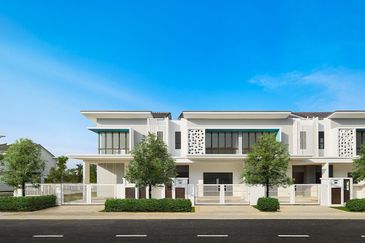
Halya @ Daunan Worldwide
Bandar Puncak Alam, Selangor
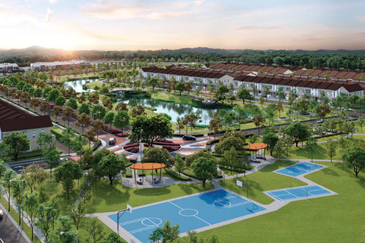
Bandar Puncak Alam
Bandar Puncak Alam, Selangor
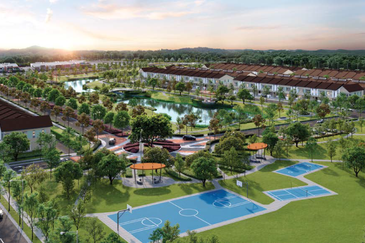
Bandar Puncak Alam
Bandar Puncak Alam, Selangor
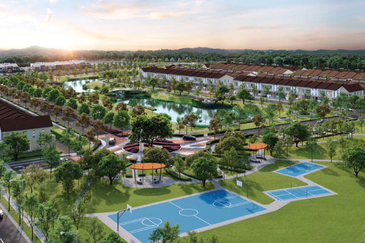
Bandar Puncak Alam
Bandar Puncak Alam, Selangor
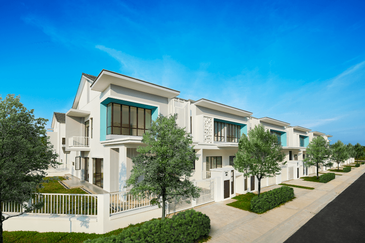
Bandar Puncak Alam
Bandar Puncak Alam, Selangor
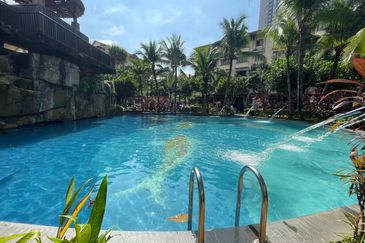
Desa Idaman, Taman Puchong Prima
Puchong, Selangor
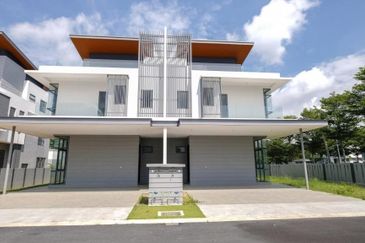
Broadleaf Residences, Hometree
Kota Kemuning, Selangor
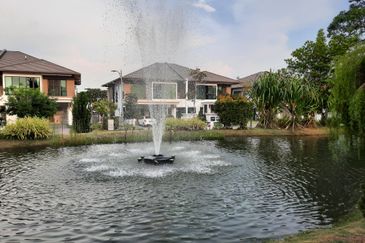
Lepironia Gardens, Setia Eco Glades
Cyberjaya, Selangor
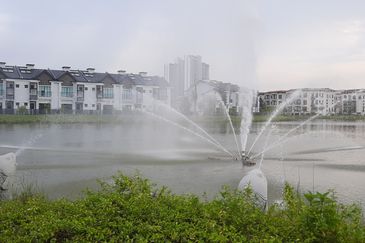
Setia Marina 3, Setia Eco Glades
Cyberjaya, Selangor
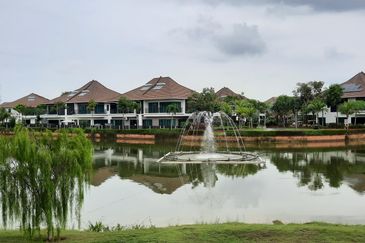
Charms of Nusantara, Setia Eco Glades
Cyberjaya, Selangor
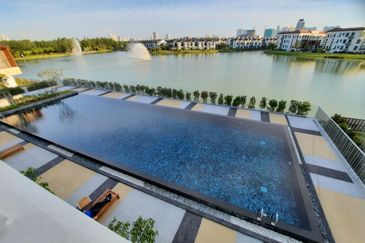
Isle of Botanica, Setia Eco Glades
Cyberjaya, Selangor
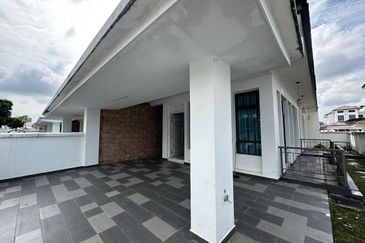
Eco Botanic
Iskandar Puteri (Nusajaya), Johor

